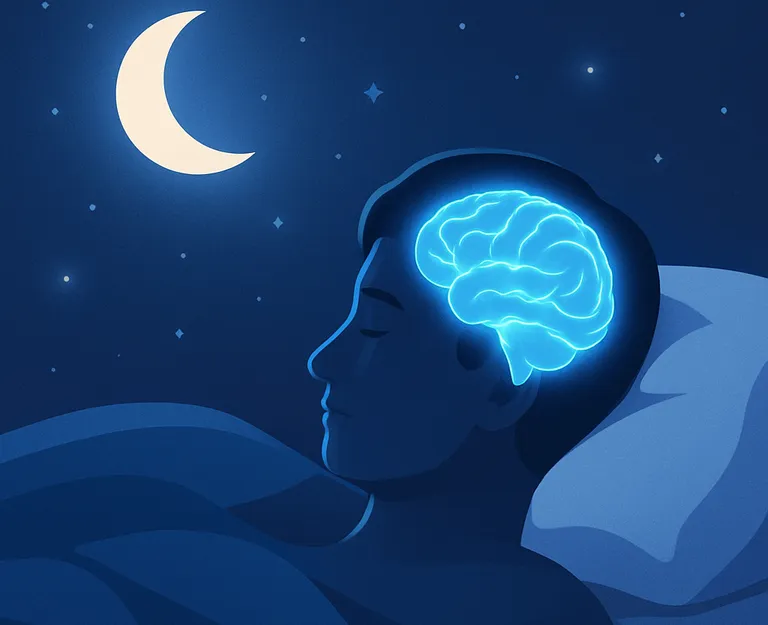Why Sleep Is More Than Just Rest
We spend nearly one-third of our lives asleep, yet science is still uncovering just how vital sleep is for our brains and bodies. Far from being idle, your body and mind work hard during the night to repair, recharge, and prepare you for the next day.
From consolidating memories to repairing cells, sleep is a biological necessity — as essential as food and water.
The Brain at Night: Memory and Learning
During sleep, especially in REM (Rapid Eye Movement) stages, the brain:
- Processes and stores the day’s memories
- Strengthens neural connections
- Integrates new skills and information
Research from the National Institutes of Health (NIH) shows that students and workers perform better on tasks and problem-solving after a good night’s sleep.
“Sleep isn’t just rest — it’s active learning for the brain,” says Dr. Matthew Walker, a leading neuroscientist.
Physical Health Benefits of Sleep
Beyond brain function, quality sleep supports:
- Immune system strength – reducing your risk of illness
- Muscle repair and growth – essential for athletes and active individuals
- Balanced hormones – including those regulating appetite and stress
- Heart health – lowering the risk of hypertension and heart disease
Studies show that adults who sleep fewer than 6 hours per night are at a higher risk of chronic diseases.
The Sleep Cycle: What Happens While You Rest
Your body cycles through different stages of sleep:
- Light Sleep (N1 & N2) – body relaxes, heart rate slows
- Deep Sleep (N3) – physical repair and growth hormone release
- REM Sleep – vivid dreams, emotional processing, and memory storage
Completing these cycles multiple times per night is key to waking up refreshed and focused.
How to Sleep Better: Timeless Tips Backed by Science
To improve sleep quality:
- Stick to a consistent sleep schedule — even on weekends
- Create a bedtime routine — dim lights, read, or meditate
- Limit screen time 1 hour before bed to avoid blue light disruption
- Keep your bedroom cool, dark, and quiet
- Avoid caffeine in the afternoon and evening
- Exercise regularly, but not too close to bedtime
New research also suggests that morning sunlight exposure helps regulate your body’s circadian rhythm, making it easier to fall asleep at night.
The Cost of Poor Sleep
Chronic sleep deprivation can lead to:
- Cognitive decline and memory issues
- Weakened immune system
- Mood disorders such as anxiety and depression
- Increased risk of obesity, diabetes, and heart problems
Final Thoughts
Sleep is not a luxury — it’s a fundamental pillar of health. By understanding the science of sleep and making small lifestyle changes, you can boost your brain power, physical health, and emotional resilience.
So tonight, give yourself the gift of rest — your mind and body will thank you.
By ✍️ Tammy - MicuPost Team
🔍 Sources:
Published by MicuPost – Health, science, and stories that matter.



